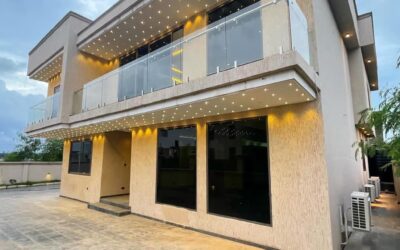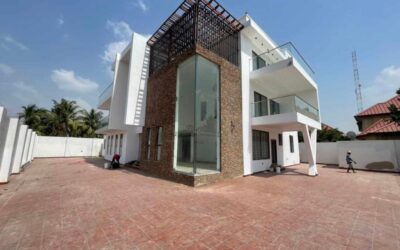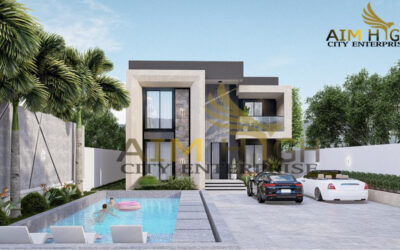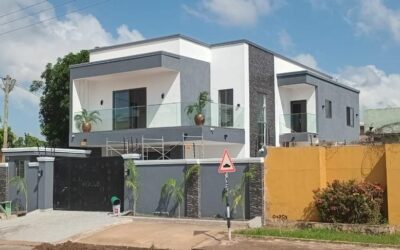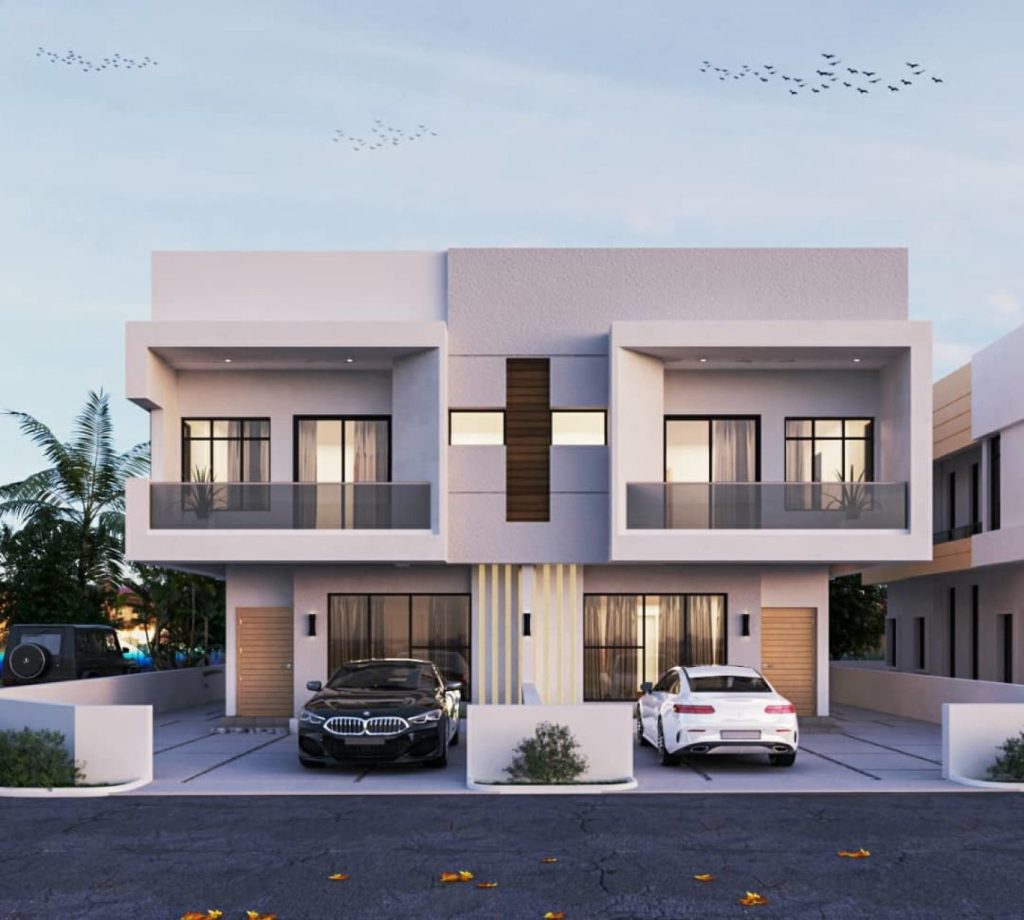
Investing in real estate in Ghana can be a rewarding venture, but understanding the various financing options available is crucial for success. With a growing economy and increasing demand for housing, knowing your financing choices can help you make informed decisions. Here’s an overview of popular finance options in Ghana’s real estate industry.
▎1. Traditional Mortgages
Traditional mortgages are a common way to finance home purchases in Ghana. Banks and financial institutions offer various mortgage products, typically with fixed or variable interest rates.
▎Pros:
- Predictable payments with fixed-rate mortgages.
- Access to larger loan amounts for property purchases.
▎Cons:
- High interest rates compared to some other financing options.
- Stringent requirements regarding credit history and income verification.
▎2. Home Equity Loans
For homeowners looking to leverage their existing property, home equity loans allow you to borrow against the value of your home. This option can provide funds for purchasing additional properties or renovating existing ones.
▎Pros:
- Generally lower interest rates compared to personal loans.
- Flexible borrowing amounts based on equity.
▎Cons:
- Your home serves as collateral; failure to repay could lead to foreclosure.
- Requires sufficient equity in your property.
▎3. Developer Financing
Many real estate developers in Ghana offer financing options directly to buyers. This can include payment plans that allow buyers to pay in installments over time while the property is being built.
▎Pros:
- More flexible terms and conditions.
- Often requires a lower initial down payment.
▎Cons:
- Limited to specific projects and developers.
- Potentially higher overall costs if not managed properly.
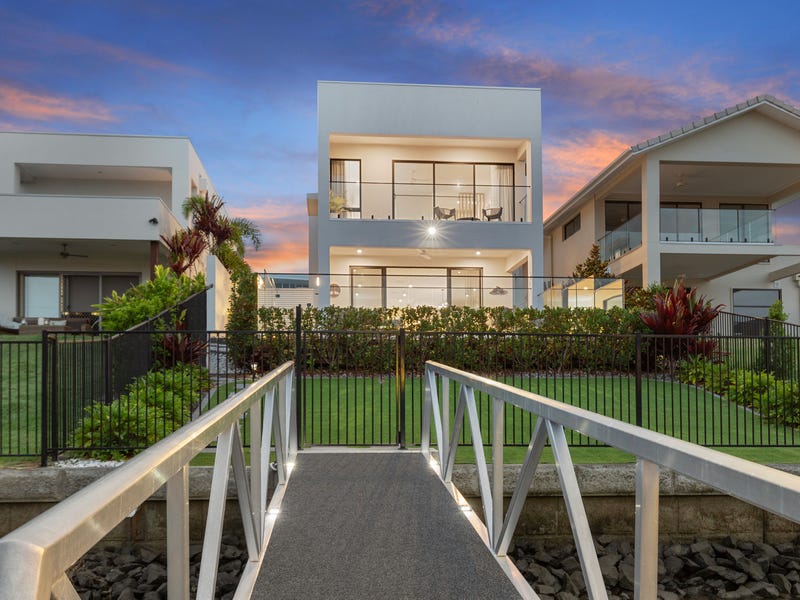
▎4. Government Housing Schemes
The Ghanaian government has initiated various housing schemes aimed at providing affordable housing to citizens. These programs often include subsidized loans or grants for first-time homebuyers.
▎Pros:
- Lower interest rates and favorable terms.
- Access to government support for housing development.
▎Cons:
- Eligibility criteria may be strict.
- Limited availability depending on government funding and initiatives.
▎5. Microfinance Institutions
Microfinance institutions (MFIs) play an essential role in providing financing for real estate, particularly for low-income earners who may not qualify for traditional bank loans. These institutions offer smaller loan amounts with more accessible terms.
▎Pros:
- Easier access to funds for individuals with limited credit history.
- Flexible repayment terms tailored to borrowers’ needs.
▎Cons:
- Higher interest rates compared to traditional banks.
- Smaller loan amounts may limit purchasing power.
▎6. Personal Savings and Investments
Many Ghanaians rely on personal savings or investments to finance their real estate purchases. This approach can involve saving over time or pooling resources with family and friends.
▎Pros:
- No interest payments or debt obligations.
- Greater control over financial decisions.
▎Cons:
- Slower accumulation of funds may delay property purchases.
- Risk of depleting savings for large investments.
▎7. Real Estate Investment Trusts (REITs)
REITs are becoming increasingly popular in Ghana, allowing individuals to invest in real estate without directly purchasing property. Investors buy shares in a trust that owns and manages income-generating real estate.
▎Pros:
- Diversification of investment without significant capital.
- Regular income through dividends from rental income.
▎Cons:
- Market volatility can affect share prices.
- Less control over specific properties within the portfolio.
▎Conclusion
Understanding the various financing options available in Ghana’s real estate market is essential for making informed investment decisions. Each option has its pros and cons, so it’s crucial to evaluate them based on your financial situation and investment goals. Whether you’re buying your first home or expanding your real estate portfolio, having a clear understanding of your financing choices will set you up for success in the Ghanaian real estate market.
